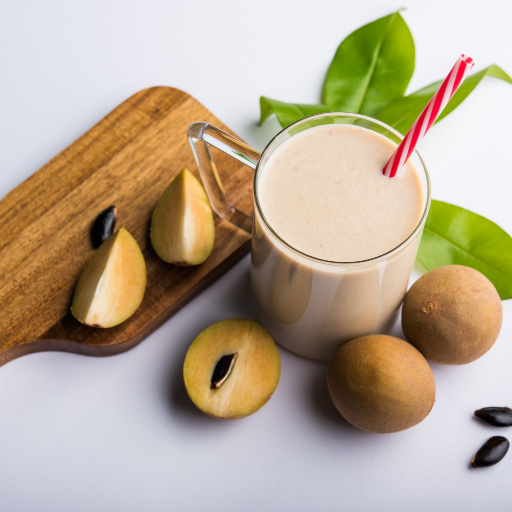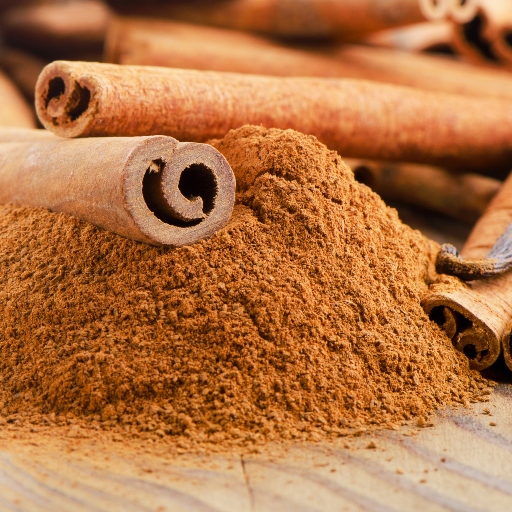Our bloodstream is made up of hemoglobin or red blood cells (RBCs), lymphocytes or white blood cells (WBCs), and platelets.
Lymphocytes meaning

Lymphocytes are the white blood cells and the primary immune cells responsible for fighting against illnesses and diseases. Lymphocytes are divided into B-cells that produce antibodies and fight against invading bacteria, viruses, or toxins; T-cells that attack the body’s compromised cells; and natural killer cells that contain compounds to kill cancer tumor cells or virus-infected cells.
Lymphocytes normal range
The ratio of white blood cells to red blood cells is 1:600 in human blood. Lymphocytes develop in the bone marrow. They mature and exit the bloodstream. Lymphocyte levels vary from person to person depending on age, sex, race, and lifestyle.
- In adults, the normal range is between 1000 to 4800 lymphocytes in every 1 microliter of blood.
- In children, the normal range is between 3000 to 9500 lymphocytes in every 1 microliter of blood.
Since lymphocytes help your body fight infections, they decrease in number when you fall ill. Some common symptoms of decreasing lymphocyte levels include viral infections, chemotherapy and radiation therapy, stress, and lack of adequate nutrition.
How is lymphopenia caused?
Lymphocytopenia or lymphopenia occurs when the white blood cell count in the blood is lower than usual. Autoimmune disorders such as lupus or rheumatoid arthritis occur when the immune system goes into overdrive and attacks body cells and tissues. Cancers, especially blood cancer like lymphoma or leukemia can lead to low lymphocyte levels. Diseases that affect the blood and bone marrow or infections such as HIV, malaria, influenza, or tuberculosis are common causes of lymphopenia. Conditions that damage the gut, impacting the body’s ability to absorb nutrients, like irritable bowel syndrome, regional enteritis, celiac diseases, and zinc deficiency, lead to lymphocytopenia. Malnutrition and lack of nutrients and proteins in the body also contribute to this disease.
People undergoing lymphocytopenia may experience symptoms such as:
- Fever
- Cough
- Skin rash
- Painful tonsils
- Runny nose
- Enlarged lymph nodes
- Night sweats
- Weight loss
Here are some nutrition-related Activ Living tips to keep your body’s lymphocyte levels high:
- Consume lean protein: Proteins are large biomolecules and macromolecules that comprise long chains of amino acids, which your body requires to produce white blood cells. Eating the right amount of protein can boost your lymphocyte production. Some examples of lean protein foods include cottage cheese, egg whites, beans, fish, chicken or turkey breast without the skin, and shellfish. To calculate how much protein you need in a day, multiply your body weight in kilograms by .8, which provides you with the minimum grams of protein you should consume per day.
- Avoid saturated foods high in trans fats: Junk and oily foods contain high levels of low lipoprotein cholesterol, saturated, and trans fats that thicken the lymphocytes, making them less effective. Therefore, adopt a healthy diet that contains mono- and poly-unsaturated fats. Foods rich in omega-3 fatty acids increase lymphocytes. Steer clear of hydrogenated oils, baked food products, fried, oily, greasy, fast food, margarine, and non-dairy creamer.
- Eat foods rich in beta carotene: A colorful diet can make your meals look attractive and palatable. Beta-carotene is a fat-soluble plant-based vitamin that gives vivid red, yellow, and orange colors to fruits and vegetables. It supports your immune system and boosts lymphocyte production. Foods that serve as a powerhouse of beta carotene include carrots, sweet potatoes, spinach, broccoli, onions, peas, lettuce, tomatoes, pumpkin, cantaloupe, dried apricots, and mango.
- Increase the intake of foods containing zinc: Zinc increases the T-cells and natural killer cells and helps strengthen your immunity. Foods rich in zinc are fortified cereals, beans, crab, oysters, and beef.
- Season your food with garlic: Make garlic a vital part of your everyday diet, as it boosts white cell production. Its antioxidant properties help prevent heart diseases by preventing blood clots.
Apart from nutrition-related changes, you can also incorporate the following healthy habits:
- Get adequate sleep to support your immune system. Getting tired can weaken your immunity and reduce lymphocyte levels.
- Refrain from smoking and consuming alcohol, as they can impact the production of white blood cells in your body.
- Maintain a healthy weight. Being underweight or overweight can bring about many lifestyle problems and hinder the production of white blood cells. Eat a balanced diet and watch your portions. You can measure your weight on our online Ideal Weight Calculator.
- Stress can lead to a decline in lymphocyte levels. Therefore, adopt activities like yoga and mindfulness meditation, exercising daily, participating in physical activities, and deep breathing to reduce stress.
- Actively pursue hygiene. Wash your hands thoroughly before and after you consume meals to prevent the risk of infections.
Stay active in the Activ Living Community to find more details on mindfulness and fitness.
Popular Searches
Intermittent fasting | Bmi calculator | Bmr calculator | Dry cough home remedies | Period calculator | Home remedies for tooth pain | Home remedies for high bp | Low carb foods | Benefits of ragi | Alkaline foods | How many calories to burn daily | Fruits in winter | How to control sugar | How to lower blood pressure | Protein rich food | Trans fat foods | Allopathy vs Homeopathy | Yoga for pregnant women | Weight lifting exercises | Benefits of laughing | Home remedies for asthma | Neck pain relief exercises| Morning meditation | Yoga nidra benefits | Is kiwi good for diabetes | Types of walking | Symptoms of mucormycosis | How to deal with anxiety





 1800-270-7000
1800-270-7000









Thank you, I’ve recently been searching for info approximately this topic for a while and yours is the best I have found out till now.
I believe that avoiding packaged foods may be the first step to lose weight. They will taste great, but packaged foods currently have very little vitamins and minerals, making you eat more simply to have enough vitality to get through the day. For anyone who is constantly feeding on these foods, switching to whole grain products and other complex carbohydrates will help you have more vitality while eating less. Great blog post.
I really liked the review on the topic. You know how to pen down your thoughts well. Great job dear.
This was a good read. Thanks for the post.
Hello! I just want to supply a massive thumbs up to the wonderful information you’ve here for this post. I’ll be returning to your blog post for additional soon.